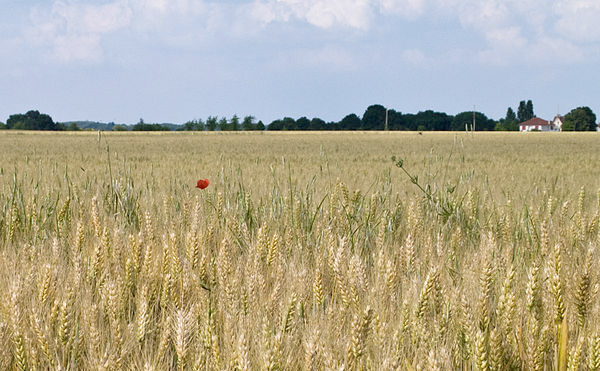Danish bid to revive GM cultivation plan fails

Attempts by the Danish Presidency to revive a European Commission proposal to reform legislation on approving GM cultivation applications have failed to make it onto the agenda for today’s Environment Council meeting.
When they took up the Presidency of the Council the Danes, backed by the DG Sanco and Commissioner Dali, said they wanted the proposals to go through at first reading.
At Council meeting in March 10 Member States, including the UK, Germany, Spain and France, declined to support the Dane’s compromise proposals intended to allow countries the final decision on whether to permit GM crop cultivation in their territories.
The main reasons for opposing the compromise were the lack of legal certainty for Member States wishing to ban GM crops, concern the proposals would breach rules on the EU internal market and the Commission’s failure to deal with outstanding legal and procedural issues raised by the Environment Council in 2008 including defining GM contamination thresholds in seeds (which GM Freeze says must be set at zero) and final agreement on environmental and health risk assessments.
The next Presidency will be held by Cyprus, which bans GM cultivation, and did not support the Danish proposal at the March Environment Council meeting.
"This is a blow to the Commission, which has been trying to do this deal for years, and the Danes, who were keen to see their compromise position adopted" said Pete Riley, Campaign Director for GM Freeze.
"Despite heavy lobbying Member States are not convinced the draft proposals would work and provide counties who wish to ban a GM crop with a legally reliable means to do so."
"If Commissioner Dali still wants to pursue this issue, we’d urge him to approach it with a fresh outlook and put the needs of European consumers and farmers first. With the number of self-declared GM-free zones growing all the time, banning GM cultivation would be a popular move."
"We welcome the principle that countries should be able to decide what they grow and eat, particularly as the majority of citizens remain opposed to the introduction of GM crops. Doing this properly means we must prevent GM contamination creeping into Europe’s fields or seeds, and place liability with GM companies where it belongs."








